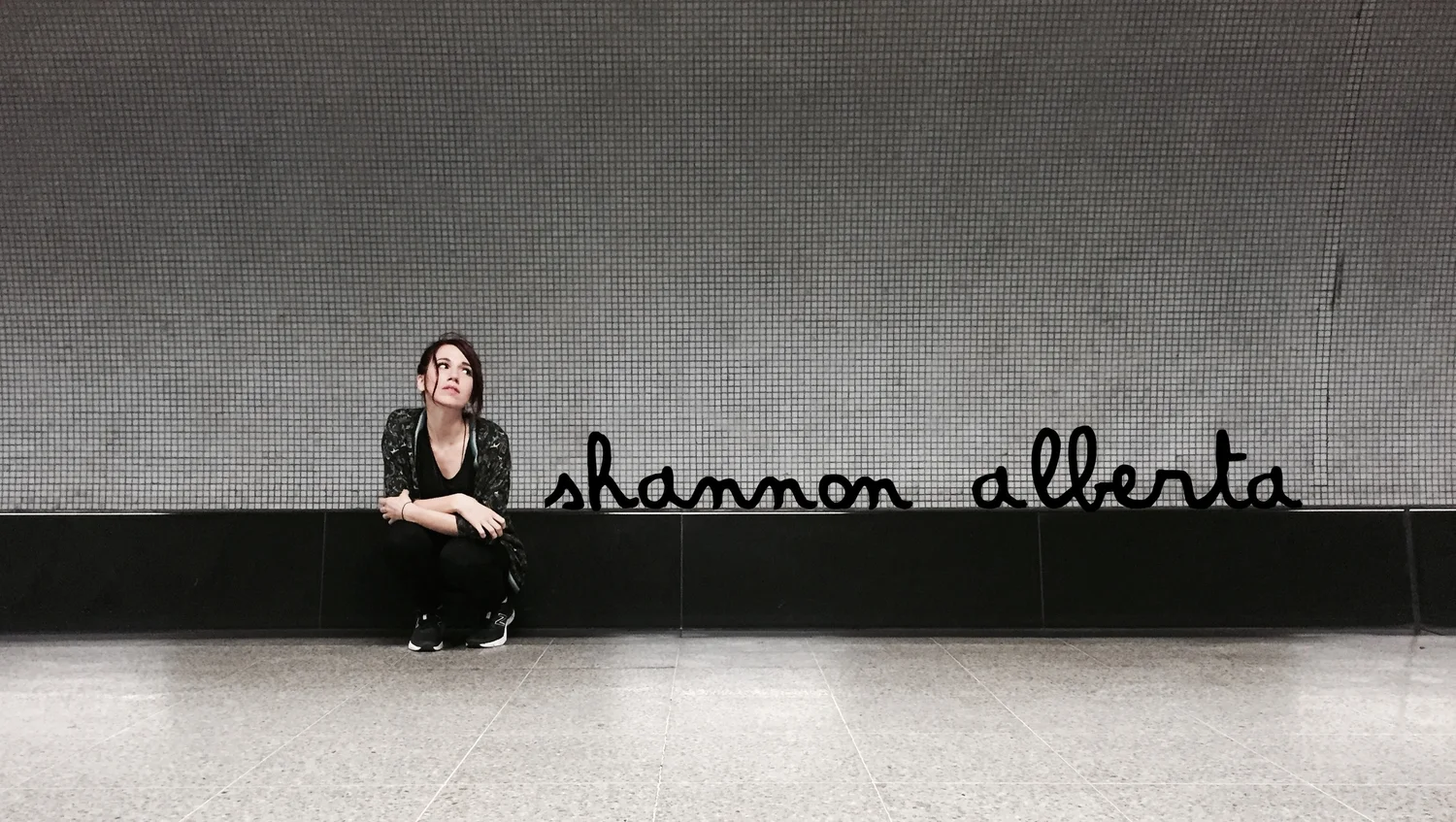First, a story should be a conversation a writer has with herself
Lately I've been having great conversations with my students about why we write. There are endless responses to this question, but one that pops up again and again is the idea of "being part of a conversation". The "conversation" meaning any number of things. I think most of the time it's "the conversation about what it means to be human".
But lately I've been wondering if this is something I need to reframe for myself. When you're first starting out, developing your writing practice, doing all that lonely work of trying to find your voice (which is buried underneath clunky dialogue and bad impersonations of George Saunders or Heather O'Neill), if part of you is actively writing to be "part of a conversation", you run the risk of writing for an outer audience, no matter how much you convince yourself you're not. Because your stated end goal involves an audience.
I had this mini revelation while folding laundry last night: I think I want to write to have a conversation with myself. Or, at least I think that's what I've actually done in the stories I love the most, the ones that tug at me the hardest. I was writing to myself. Full stop.
When I write this way, I think it will move me more, which in turn, will move the reader more, if and when the story goes out into the world.
Once it's out there, then it can be part of "the conversation". It should be part of the conversation. But I think until then, a story needs to be a conversation a writer has with herself.

